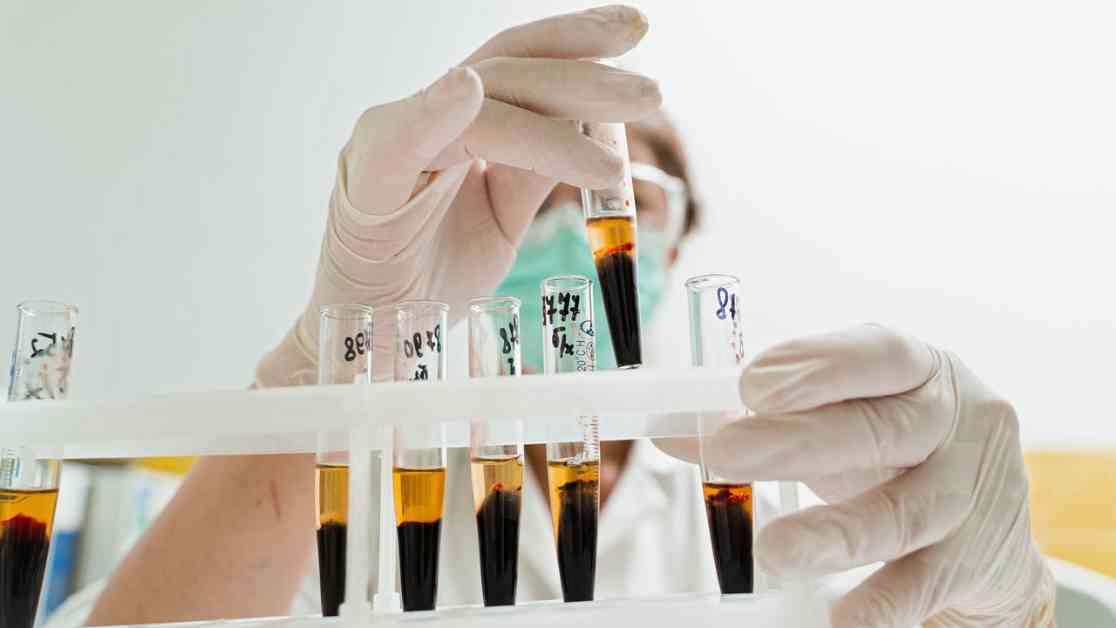The plasma industry has long been shrouded in controversy, with critics pointing out the hypocrisy that lies at its core. While the demand for plasma-derived products continues to rise, the reliance on donors in the United States has grown exponentially, leaving other countries in a state of unease. The opening of a new plasma collection center in Shelby, North Carolina, only serves to highlight the ethical dilemmas that plague this lucrative industry.
The Business of Plasma Collection
The new plasma collection center in Shelby, North Carolina, is a stark reminder of the commodification of human blood. Donors are enticed by the promise of easy money, with compensation rates averaging around $40 per donation. However, the process of plasma collection is not without its risks. Donors are subjected to the apheresis machine, which extracts their blood, separates the plasma, and returns the remaining components back into their bodies. While this may seem like a simple and harmless procedure, the long-term effects on donors’ health remain unclear.
Furthermore, the plasma collected at these centers is used to manufacture life-saving medications for individuals suffering from various medical conditions. From clotting factors for hemophiliacs to intravenous immunoglobulins for autoimmune diseases, plasma-derived products play a crucial role in modern medicine. However, the ethical implications of profiting off of human blood cannot be ignored.
The American Monopoly
The United States has emerged as a dominant player in the global plasma industry, with a growing number of collection centers popping up across the country. This trend has raised concerns among other countries, who fear that America’s increasing reliance on plasma donations could lead to shortages in their own supply. As a result, countries like Canada and Australia have implemented strict regulations to limit the export of plasma products, in an effort to safeguard their domestic supply.
The rise of the American monopoly in the plasma industry has also sparked debates about the ethics of paying donors for their blood. While proponents argue that compensation is necessary to incentivize donations, critics contend that it exploits vulnerable populations who may be driven by financial need to sell their plasma. This disparity in wealth and access to healthcare further highlights the inequality that underpins the plasma trade.
The Human Cost
Behind the shiny façade of plasma collection centers lies a darker reality. Donors, many of whom are low-income individuals struggling to make ends meet, are often lured by the promise of quick cash. However, the physical toll of frequent plasma donations can be significant. Donors may experience side effects such as fatigue, dizziness, and bruising, which can impact their overall well-being.
Furthermore, the psychological impact of selling one’s blood for profit should not be overlooked. Donors may grapple with feelings of guilt or shame, as they confront the reality of their own bodies being used as commodities. The emotional burden of participating in the plasma trade is a heavy price to pay for those who are already marginalized and vulnerable.
In conclusion, the plasma industry’s hypocrisy is evident in its exploitation of donors, its monopolization by the United States, and its disregard for the human cost of its operations. As the demand for plasma-derived products continues to grow, it is essential that we critically examine the ethical implications of this booming industry. Only by holding corporations and governments accountable can we ensure that the plasma trade operates in a manner that respects the dignity and autonomy of all individuals involved.

















